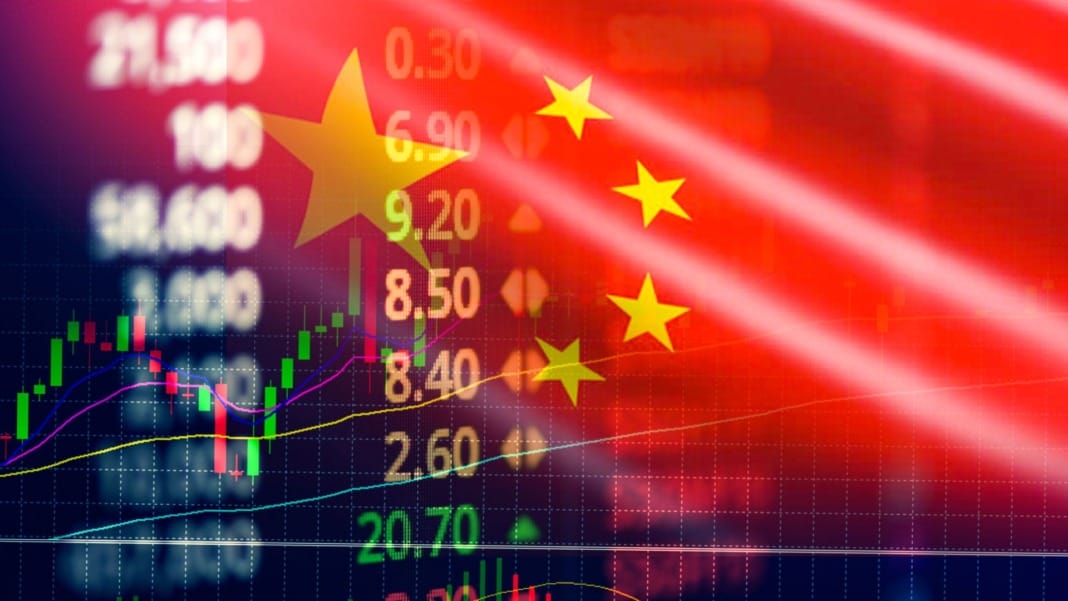China has introduced new foreign exchange rules to crack down on risky financial activities, particularly those involving cryptocurrencies. Last week, the State Administration of Foreign Exchange announced the measures requiring local banks to closely monitor and report risky behaviours, such as underground banking, cross-border gambling, and illegal cryptocurrency-related transactions.
Banks to step up scrutiny on crypto activities
Under the new rules, banks across mainland China are mandated to track suspicious activities based on specific criteria. These include identifying individuals and institutions involved, the source of funds, and the frequency of transactions. The regulations also require banks to implement stringent risk-control measures and restrict services to entities flagged for engaging in high-risk behaviours.
These steps form part of Beijing’s effort to maintain control over its financial system. Cryptocurrency trading and mining, seen as threats to financial stability, have faced increasing restrictions over the years. According to legal expert Liu Zhengyao, the new rules provide additional legal backing for authorities to penalise crypto-related activities.
“China’s regulatory stance on cryptocurrencies will continue to tighten,” Liu said in a recent WeChat post. He pointed out that using the yuan to purchase cryptocurrencies for conversion into foreign fiat currencies now falls under the definition of “cross-border financial activities involving cryptocurrencies.” This is particularly true if such transactions exceed legal thresholds.
A history of strict regulation
China’s clampdown on cryptocurrency is not new. In 2017, Beijing banned initial coin offerings and ordered the shutdown of crypto exchanges. By 2021, the government outlawed all crypto-related activities, including mining. These measures were aimed at protecting the country’s financial system from potential risks posed by the volatile nature of digital assets.
Despite a global surge in bitcoin prices and increasing advocacy for regulatory relaxation, China has maintained its hardline approach. The Supreme People’s Court recently reinforced this stance, ruling that using cryptocurrencies to transfer or convert criminal proceeds violates the country’s criminal law.
In August, the court raised legal risks for crypto traders by targeting those using tether stablecoin as an intermediary for forex trading. The Supreme People’s Procuratorate has also called for stricter supervision of such transactions, highlighting their potential to undermine China’s foreign exchange regulations.
Future implications
The latest measures are expected to make it increasingly difficult for investors to bypass China’s forex rules through cryptocurrency. Experts believe the move reflects the government’s determination to tighten its grip on this sector, ensuring greater oversight and compliance with financial regulations.
While some observers hope for a shift in policy, Beijing has shown no signs of loosening its control. China’s strict stance on cryptocurrencies remains firmly in place, with the new forex rules serving as a fresh warning to those seeking to engage in unauthorised financial activities.





